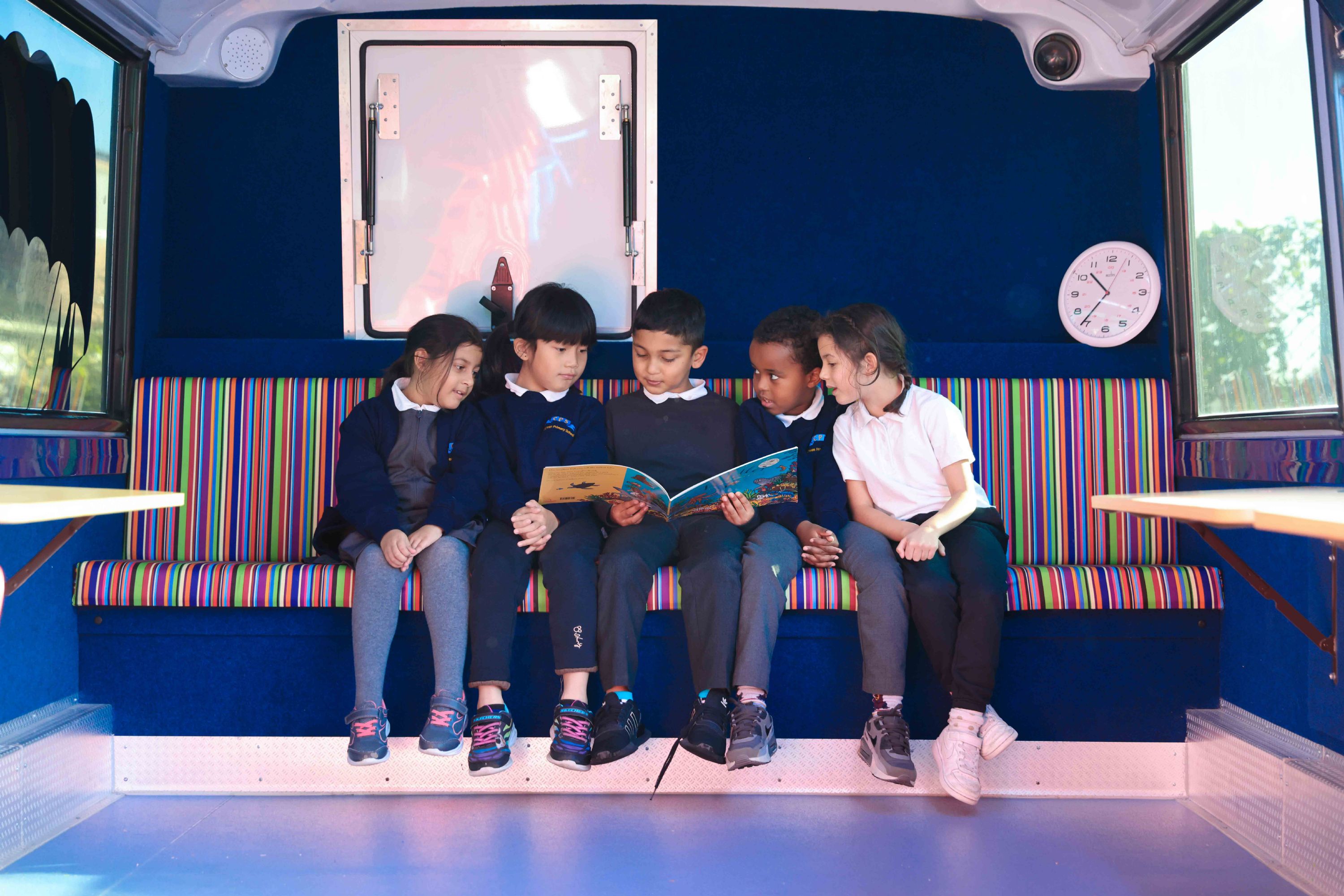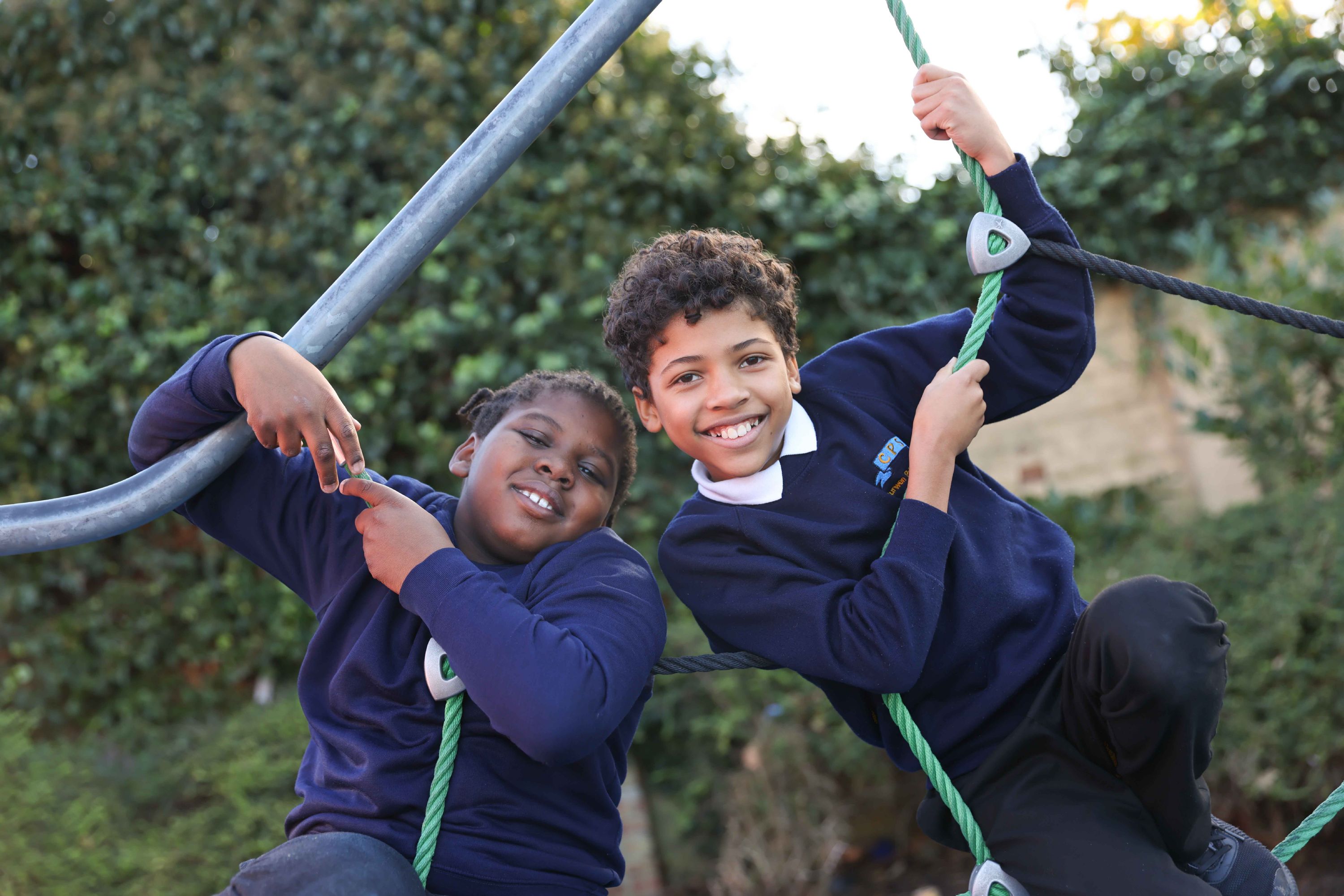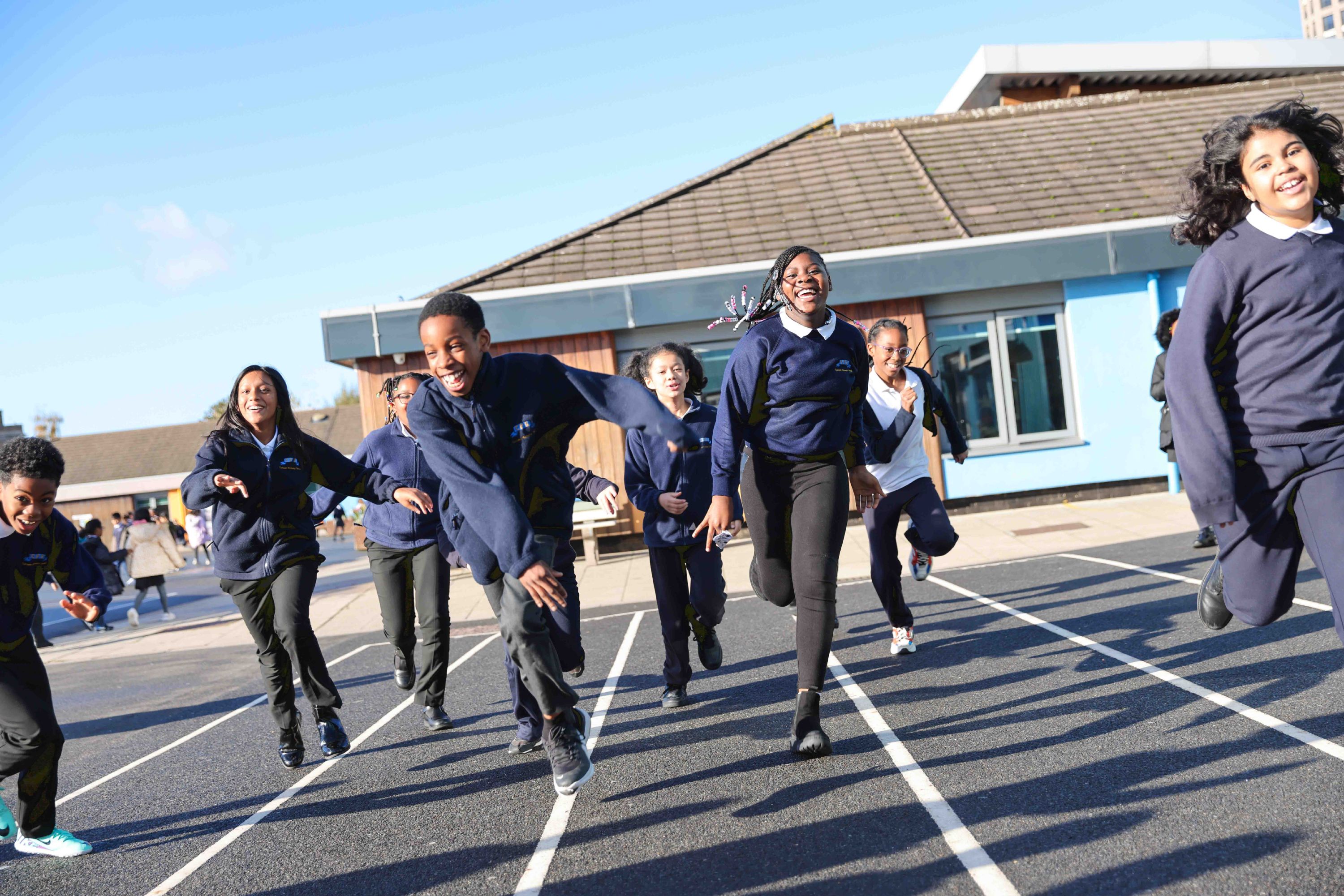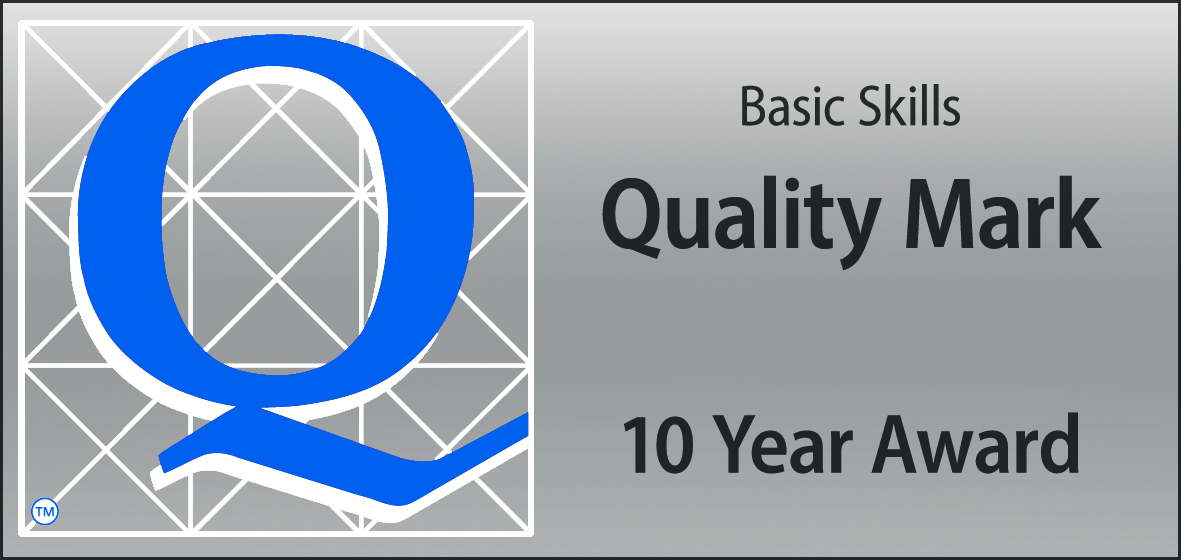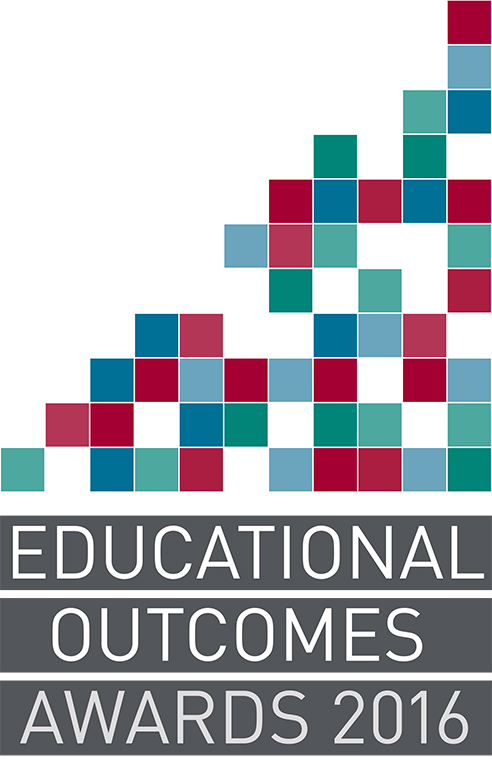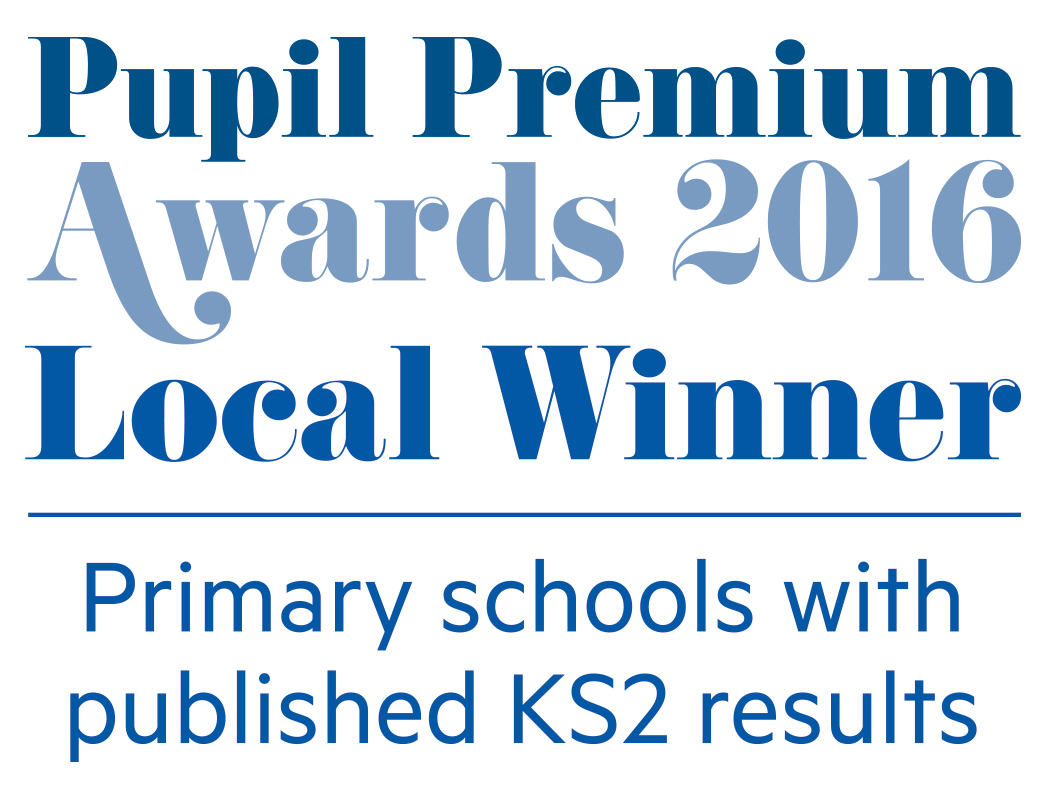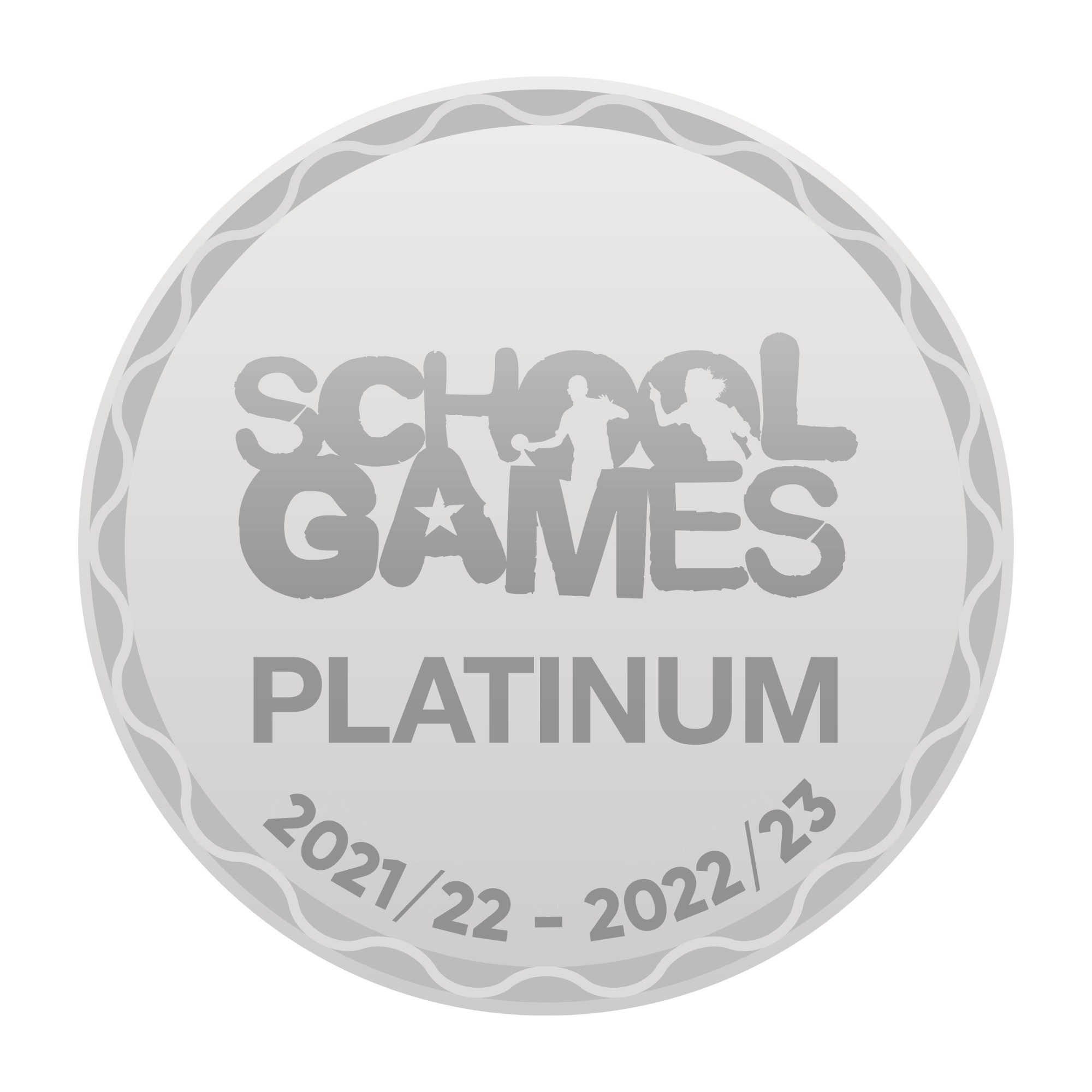Autumn 2
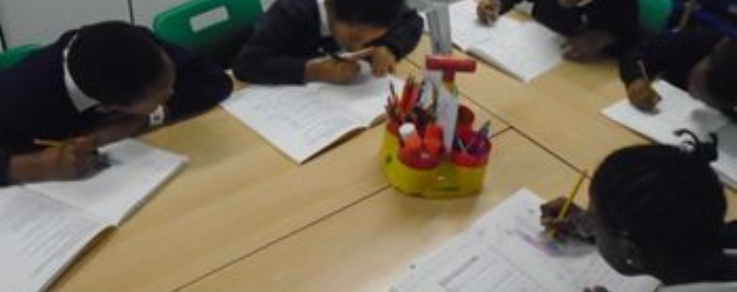
Please enter an introduction for your blog post here.
Literacy
In literacy we have been writing stories about a gladiator battle. We applied our learning in History about ancient Rome to be able to create an exciting narrative to engage the reader! First of all, we planned our story, then we wrote the story in the 1st person, as if we were entering the amphitheatre, ready to face the gladiator. In our description, we used lots of literary features, such as similes and alliteration and tried to describe all of our senses. In the photo, you can see a word bank that we created together and an example of somebody’s writing.
Maths
This term we looked at dividing numbers and were introduced to using the bus stop method (compact method) to help us successfully divide larger numbers and to solve tricky division problems. We learnt that a remainder is what is left over when a number cannot be split equally into groups and practised applying this knowledge to solve reasoning problems. We also began looking at fractions by understanding how many fractions make a whole and how to find equivalent fractions. We learnt to apply the rule “the bigger the denominator, the smaller the fraction” when comparing the size of unit fractions.
Topic
Year 4 have continued to investigate the Romans throughout their topic lessons this term. This has included designing, planning and building their own recreation of Roman musical instruments in Design Technology lessons. During this process, the children explored how music was important within Roman society and its military. In our History lessons, we have been building on the initial research and knowledge gained from last term and have started to explore the importance of sources within history. We have focused on the Curwen Core Skill of empathy. We have considered how it links to history to help us understand why some sources might be positive and others might be negative, when investigating the Roman invasion of Britain.

